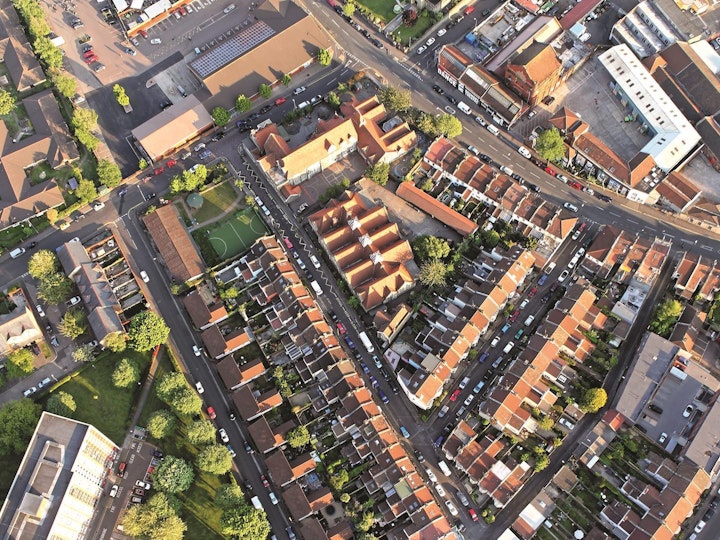Budget 2021: Chancellor in danger of stoking short-lived mini housing boom
Professor Michael Ball comments on the housing market announcements made by the UK Chancellor during his Spring Budget 2021 speech.

Today in his Budget Chancellor Rishi Sunak confirmed an extension to the stamp duty holiday plus an additional mortgage guarantee for first time buyers.
Since the end of the first lockdown, parts of the housing market have seen almost frenzied activity. Those who did not lose out from the pandemic now have higher savings, which they unsurprisingly are directing at the housing market in efforts to gain from low mortgage interest rates and the Chancellor's tax breaks. This has pushed up house prices, with the main beneficiaries being sellers and house builders, and has been causing chaos in conveyancing.
So, why does the housing market need even more pumping up now? The controversial cliff edge of the buying deadline has now been pushed into the summer, but even more will be waiting with bated breath around the date. What then?
The Chancellor stated the need to be open and fair and to convert generation rent into generation owner. Unfortunately there is a danger generation rent might become generation default and negative equity. Buyers are being encouraged to pile on the debt but economic clouds loom. Interest rates may also rise and every potential 1% increase in mortgage interest rates will add a huge £15bn onto mortgage borrowers’ total annual repayments.
House purchase is risky and prices could easily fall after the mini boom. The Treasury is in danger of double standards if it does not warn the public of the perils as well as opportunities of house buying and debt.


